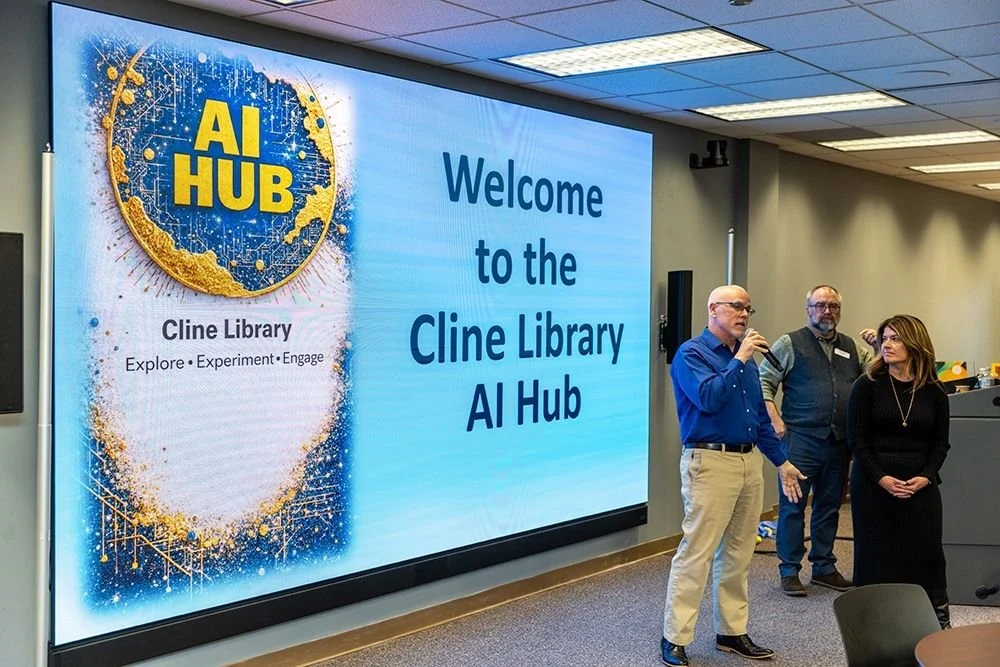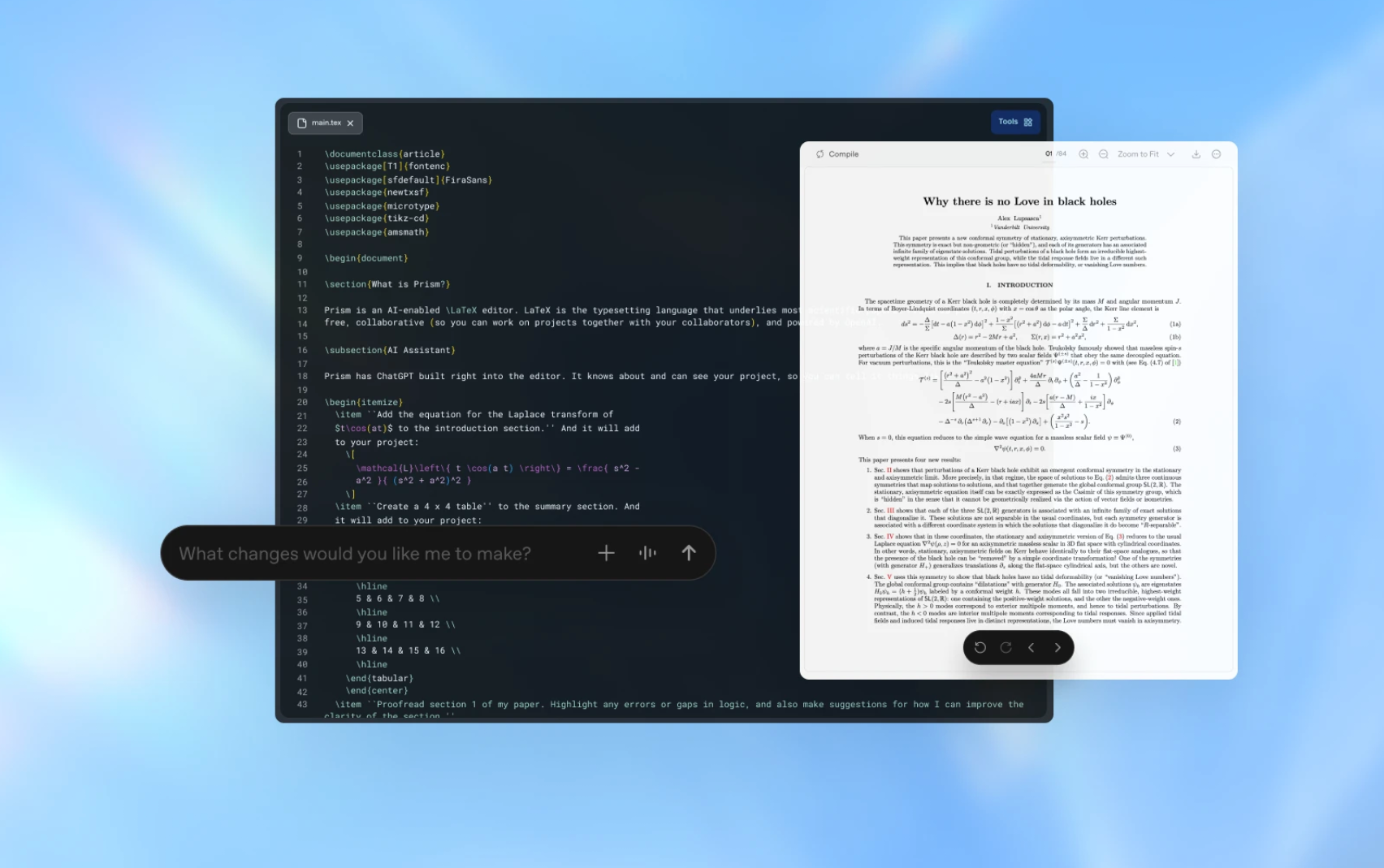AI teacher assistants carry moderate risk in classrooms, says Common Sense assessment
Third‑party review finds benefits for planning and workflow but flags bias, accuracy, and “frictionless” deployment risks.
Common Sense Media has published a risk assessment of AI teacher assistants, rating the overall risk as moderate. The report evaluates generative AI tools designed for classroom support, including lesson planning, grading, communication, and other administrative tasks.
Founded in 2003, Common Sense Media is a nonprofit that researches the impact of technology and media on children, offers digital citizenship resources, and reviews EdTech products for privacy and safety. Its AI risk assessment program examines potential benefits and harms across factors such as content accuracy, bias, and student safety.
Scope of the assessment
The report reviewed tools from providers including Google (Gemini in Google Classroom), Khan Academy (Khanmigo’s Teacher Assistant), Curipod, and MagicSchool. The evaluation focused on the category as a whole rather than rating individual products. It found that the usefulness and safety of AI teacher assistants depend heavily on surrounding systems such as district policies, teacher training, and oversight.
The report says AI teacher assistants work best when they build on existing, research-backed materials. Providing curriculum documents, lesson plans, or other resources as input improves quality and coherence. Without this foundation, the tools risk producing content that is inconsistent or misaligned with standards.
What AI teacher assistants cannot do
According to the assessment, these systems lack the knowledge and context that educators bring to their work. They do not understand individual student needs, community context, classroom dynamics, or pedagogy, and cannot reliably identify bias or factual inaccuracies in their outputs. Educators are still required to critically review any AI-generated material before it reaches students.
Key risks identified in the report
Invisible influencers – AI-generated lesson content, discussion prompts, or feedback can subtly shape what students learn. The report warns that such outputs may contain biased perspectives or inaccuracies that teachers could overlook, influencing students’ understanding without their awareness.
Outsourced thinking – Some platforms make it easy to push generated materials directly into classrooms, bypassing review. This “frictionless” design is seen as particularly risky for novice teachers who may not spot subtle problems.
High-stakes documents – Tools that generate Individualized Education Programs (IEPs), behavior plans, or other critical documents may produce official-looking materials without the depth of evidence these require, potentially affecting educational trajectories.
Curriculum fragmentation – If not integrated with existing high-quality instructional materials, AI teacher assistants can disrupt carefully sequenced learning and undermine research-based curricula.
Recommendations for safer use
The report makes clear that AI teacher assistants can be valuable if used with strict oversight. Its key recommendations include:
Oversight by experienced educators for all AI-generated materials.
Clear district policies on acceptable use and review processes.
Integration with existing high-quality curricula rather than replacing them.
Teacher training on detecting bias and assessing AI outputs.
Extra scrutiny for tools that provide real-time feedback to students.
The assessment also notes that novice teachers may need more structured support and training before using AI assistants. It advises districts to set limits on what student information can be shared with AI systems to protect privacy.
When used with proper context and review the report says AI teacher assistants can:
Help adapt and differentiate existing high-quality materials.
Save time on routine tasks, such as creating alternative versions of assignments or generating discussion questions.
Support teacher expertise by offering suggestions that can be refined rather than replaced.
The report also warns that without careful implementation, AI teacher assistants could undermine investments in curriculum and professional development. The tools can influence what students learn in ways that are not always visible, raising concerns for equity, accuracy, and instructional quality.
























